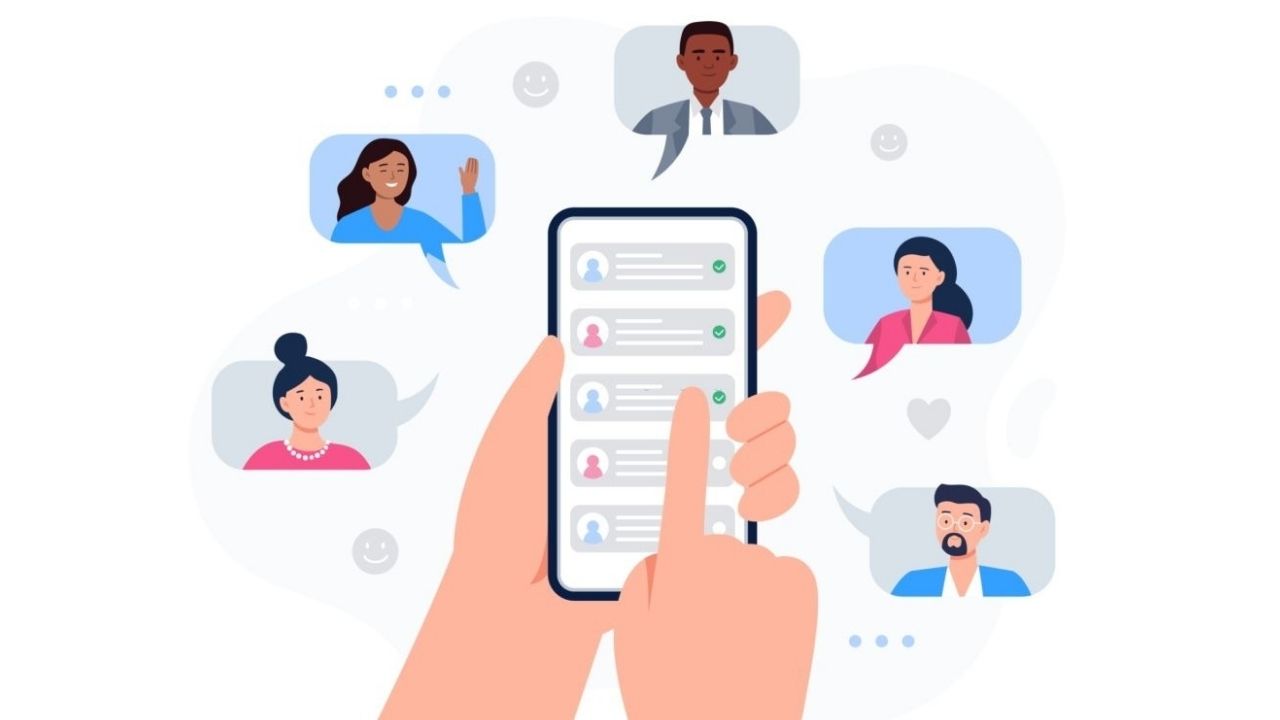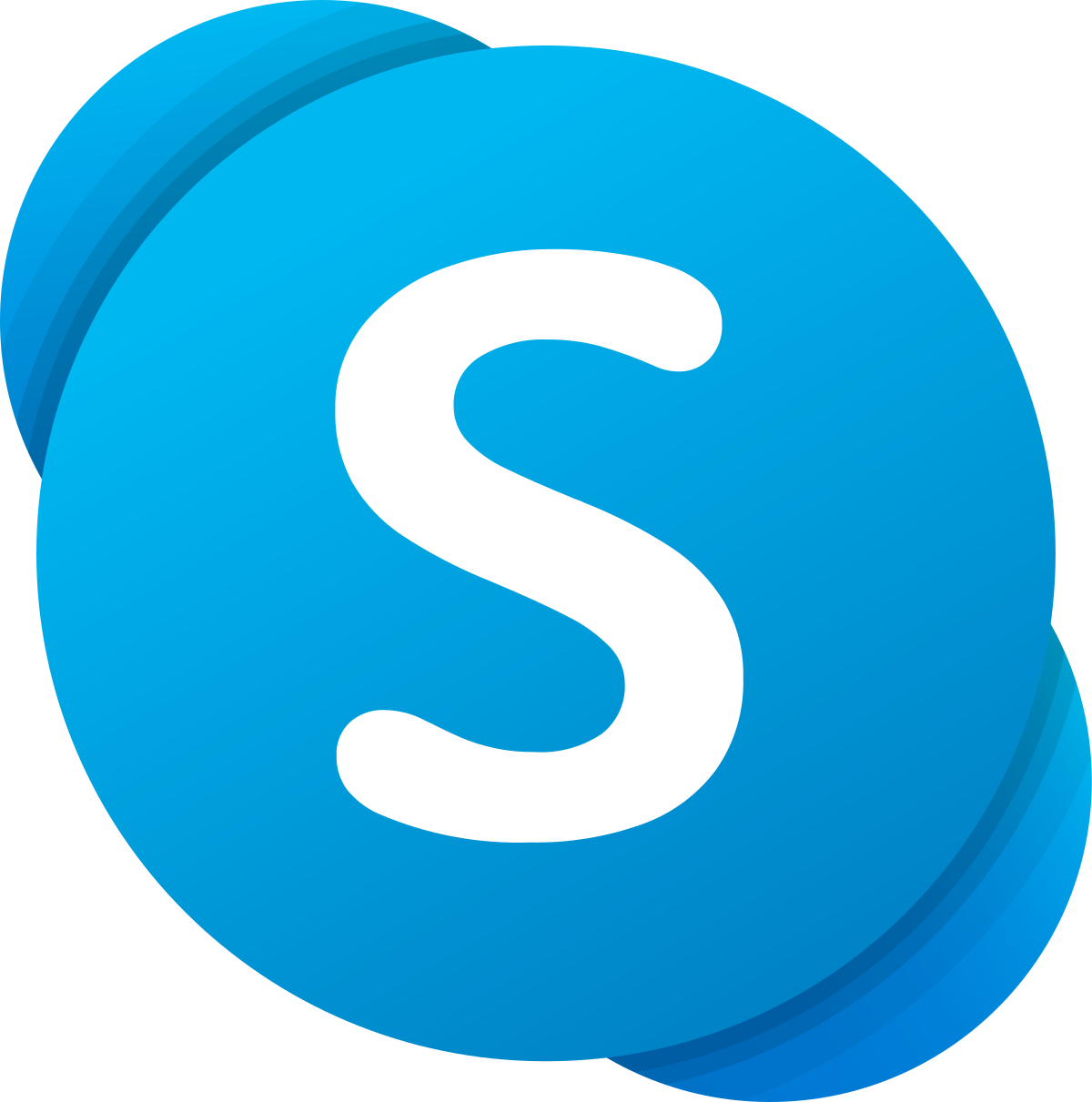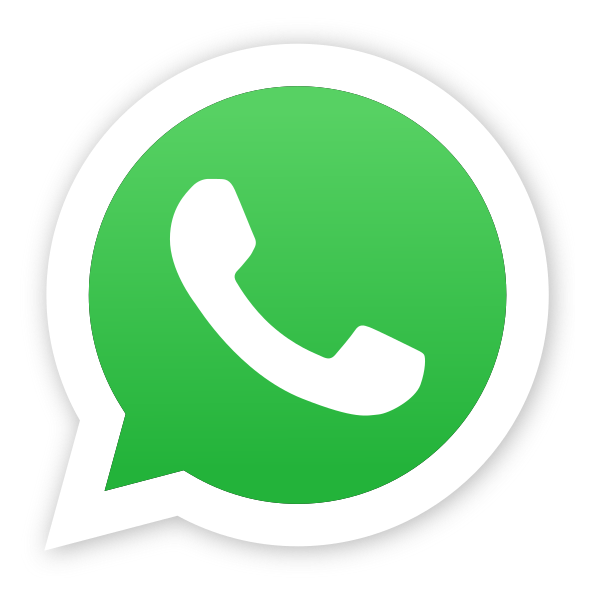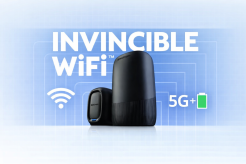Best Apps for Making Internet Calls

Here are the top internet-based apps for calling landlines, cell phones, and social media sites. Google Voice, especially from a computer, is the most excellent Voice over Internet Protocol (VoIP) service for dialing landlines and mobile phones. You will be given a free phone number, and all calls within the United States will be free. Consider using Wi-Fi calling instead if your carrier offers it—you can turn it on and off with the touch of a finger. Messenger is the most popular and accessible (not to mention free) app for voice calling via the internet if dialing a landline or mobile phone isn't your goal.
Best Apps For Making Call on the internet
-
Best for landline calls: Google Voice
-
Best for availability: Skype
-
Best for personalization: Viber
-
Best social media option: Messenger
-
Best for iPhone to Android calls: Google Duo
-
Best for security: WhatsApp
What to look for in an internet calling application
You'll need a specific VoIP service to connect to a landline or mobile phone number if you wish to call them. Depending on where you're calling from, these services often charge a per-minute pricing or a monthly membership. Most don't charge you for calling others when using the same service, such as a Skype-to-Skype call. Most communication applications, such as Google Duo, Messenger, Slack, Snapchat, Whatsapp, and Zoom, offer app-to-app internet calling if you're not calling a landline or mobile phone number. You can also video chat for free with most of these services.
Related Article: Everything You Need to Know About Wi-Fi Calling!
What are the best applications for calling phone numbers?
These VoIP services allow you to make calls to landlines and mobile phones through the internet. They start out free, but some services may demand credits to pay for calls or to subscribe to a monthly plan. Both Skype and Viber offer extra capabilities such as instant messaging, video calling, and more in addition to audio calls.
LANDLINE CALLING

Google Voice - Up to $9.50/mo.
Pros:
-
Free nationwide calling
-
Free Phone number
Cons:
-
No emergency calling
-
No direct customer support
Features:
-
Calls within the United States are free.
-
Incoming calls from anywhere are supported.
-
There's also a free phone number included.
-
Voice messages that can be downloaded.
-
Voicemail is transcribed.
-
Spam calls are blocked.
-
Google Home is supported.
Availability
-
Desktop: Web
-
Mobile: Android, iOS, iPadOS
Google Voice is the best option for simple internet dialing to phone numbers. It offers free domestic calling and a free phone number that will never expire. If you need to make international calls, you can add up to $70 in credit to your Google Account using a bank account or credit card. Google's international calling costs begin at $0.01 per minute and vary depending on the location of your call. Google Voice can be accessed by going to voice.google.com in a web browser or using the Google Voice mobile app (Android, iOS/iPad).
Text messaging, voicemail, and free voicemail archiving are also included in the service.
PERSONALIZED CALLS
![]()
VIBER - $0.019–$2.99/min. or $5.99/mo. For unlimited worldwide calls
Features:
-
It contains an autodestruct timer that deletes messages after a certain amount of time has passed.
-
Allows users to make free calls to each other.
-
There's also a tool for making stickers and GIFs.
-
Messages, movies, and files are sent.
-
Group chat and calls are supported.
-
Supports the creation of user-created communities.
Availability
-
Desktop: Windows, macOS, Linux
-
Mobile: Android, iOS, iPadOS
Pros:
-
Stickers and GIFs are supported.
-
Messages are automatically deleted when a certain amount of time has passed.
Cons:
-
There is no web client.
-
There are no free national calls.
Viber, like Skype, is capable of more than just making phone calls to landlines and cellphones. You may conduct video calls to other Viber users, start group chats, send instant messages, create stickers and GIFs, and set a self-destruct timer for your messages to be deleted after a certain amount of time has passed. It also has a community component for creating and administering one-of-a-kind chat rooms. And, like Skype, Viber Out's calling feature isn't entirely free.
You can buy credit to pay for utilized minutes or sign up for a monthly plan. For $1.99 per month, you can call anywhere in the United States, making it more expensive than Google Voice. Viber does not provide a web client for browsers, unfortunately. You'll need to download a mobile app or desktop program to utilize this service.
AVAILABILITY
Skype

Pricing
-
Starts at $2.99 per month for a subscription
-
Starts at $5.00 for Skype Credit
-
Costs $6.99 per month to receive landline and mobile calls
-
Toll charges vary
Features:
-
A monthly credit is included with a Microsoft 365 membership.
-
Allows users to make free audio and HD video calls.
-
SMS and instant messages are sent.
-
Apps and desktop software are available.
-
Calls are received from both landlines and cellphones (with a separate subscription)
-
Amazon Alexa and newer Xbox consoles are compatible.
Availability
-
Desktop: Windows, macOS, Linux, Web
-
Mobile: Android, iOS, iPadOS
-
Other: Xbox, Amazon Alexa
Pros:
-
Native to Windows
-
Widely available
Cons:
-
To receive landline calls, you'll need a second subscription.
-
There is no free nationwide calling available.
Skype is the tool for a universal solution. While it's designed for Windows, it can also be used in a web browser, Mac, Linux, and Xbox One game consoles. Skype-to-Skype calls are free, but you must pay to call national landlines and mobile numbers, unlike Google Voice. For calls, you'll need Skype Credit to pay for minutes, or you can subscribe for $2.99 per month. You'll need a Skype Number, which costs $6.99 per month, to receive calls from a landline or mobile phone.
Instant messaging, video calling, screen sharing, and other features are available through Skype. On Windows 10 PCs, it comes pre-installed, but you can also download the desktop client, which seems less integrated into the operating system. The desktop client is available for Mac OS X and Linux in three forms.
APP TO APPS-BASED CALLS
These apps cannot dial phone numbers. Instead, they provide internet voice and video chatting between apps. All three applications require both the caller and the recipient to have an account to send and receive calls. To utilize Messenger, for example, both people must have a Facebook account.
FOR SECURITY
WhatsApp - Free

-
Continually use your current phone number.
-
End-to-end encryption is provided.
-
Sends a single message to a large number of people.
-
Messages, images, and videos can be shared with up to 256 people at once.
-
Voice messages are recorded.
-
Documents are shared.
-
Messages are deleted after seven days.
Availability
-
Desktop: Windows, macOS, Web
-
Mobile: Android, iOS
Pros:
-
There are no login credentials needed.
-
Encryption from beginning to conclusion
Cons:
-
A phone number is required.
-
For web version use, a QR code must be scanned.
WhatsApp eliminates the security risks associated with login and password combinations by using your phone number. Although it is possible to use WhatsApp without a SIM card, one is required to receive a verification code when registering an account. Even though Facebook owns WhatsApp, you don't need a Facebook account to use it. End-to-end encryption is enabled by default on WhatsApp, which means that all calls and messages are safe from hacker eavesdropping while in transit.
You can manually set two-step verification with a six-digit pin for enhanced security, so new devices require a PIN to access the account even if someone obtains your phone number and password combination. Group chat, document sharing, and a built-in camera (which does not use your phone's standard camera app) are other significant features.
FOR SOCIAL MEDIA
MESSENGER - free

Features
-
Voice and video are supported.
-
Provides browsers with a web client.
-
AR effects are included.
-
Different chat themes are available to customize interactions.
-
Fingerprint scanning and face recognition are supported.
-
Sends voice or video messages that have been recorded.
-
Facebook Pay is supported.
Availability
-
Desktop: Windows, macOS, Web
-
Mobile: Android, iOS, iPadOS
Pros:
-
There is no charge.
-
Voice and video calls are available.
Cons:
-
You won't be able to call landlines.
-
Outside of Facebook, you won't be able to reach your contacts.
Messenger does not require an introduction. In the first three months of 2021, about three billion individuals used Facebook. The majority of them are likely already familiar with Messenger's video and voice calling features.1 As a result of its extensive use and familiarity, Messenger is at the top of our app-to-app list. If your children are under 13, you can use Messenger Kids to send them messages or video chat with them.
Parents may control their children's contact lists, track their activities, and add pals to their contacts. Contacts can also be blocked by children as needed. Facebook has Messenger software for Windows and macOS on the Microsoft Store and the Mac App Store, respectively, or you can use the web version in your favorite browser.
IPHONE TO ANDROID CALLS
GOOGLE DUO - FREE

Features:
-
Allows Android and iPhone users to make video calls.
-
End-to-end encryption is used.
-
Shares the screen of your phone with others.
-
In a group call, it can support up to 32 people.
-
Sends video calls to Android smartphones that aren't equipped with Google Duo.
-
You'll need a Google Account to utilize across many platforms and devices.
Availability
-
Desktop: Web
-
Mobile: Android, iOs, iPadOS
PROS:
-
Video calls between Android phones and iPhones, and iPads are possible.
-
Using Family Mode, call your children.
CONS:
-
There will be no instant messaging.
-
Calling in a small group
Google Duo is the company's answer to Apple's FaceTime service. The distinction is that Google Duo is available on iPhones, whereas FaceTime is unavailable on Android phones. Google now has the upper hand in the multidevice struggle for your calling demands.
On the internet, Google Duo offers both voice and video chats. It also has a Family Mode, which allows you to doodle on the screen while on a video conversation. The program is free to use and only requires a phone number but to use it across different devices and platforms, you'll need a Google Account.
Finally, all voice and video calls with Google Duo are encrypted end-to-end. When you interact over the internet, encryption protects hackers from listening in and observing your discussion.
FINAL WORD
If you need to contact a landline or cell number, Google Voice is the way to go, especially if you're calling from a computer. It offers free nationwide calling and charges up to $9.50 per minute for international calls. If your carrier supports it, the best alternative is to use Wi-Fi calling, which is built into Android and iOS and doesn't require third-party software.
You probably already have Facebook's Messenger app if you're not dialing a landline or mobile phone. WhatsApp is a safe option because it does not require a Facebook or Google account to use.
Google Duo offers a viable alternative to FaceTime for video calling between Android and iPhone users.
Related Posts
 Internet Bundles
Broadband Deals
Subscription
mobile phone plans
Internet Bundles
Broadband Deals
Subscription
mobile phone plans
Metro by T-Mobile Add-Ons Explained: Hotspot, International Calling & More
Learn how Metro by T-Mobile add-ons work, including hotspot data, international calling, and device protection. Compare features and choose the right mobile extras.
 Internet Bundles
Internet Bundles
Facts About Youtube That May Surprise You
Discover updated YouTube facts, user statistics, revenue insights, and video trends shaping global content consumption and digital marketing strategies today.
 Internet Bundles
Broadband Installation
cheap internet deals
Internet Bundles
Broadband Installation
cheap internet deals
Simple Steps to Self-Install Spectrum Internet Fast: 2026 Guide
Learn how to self-install Spectrum Internet step-by-step. Save installation fees, activate service fast, and optimize WiFi performance with this complete guide.
 Internet Bundles
Internet Bundles
Why High-Speed Business Internet Matters More Than Ever
Discover why high-speed business internet drives productivity, security, and revenue growth, and how to choose the right provider for long-term success.
 Wifi
Technology
Wifi
Technology
Spectrum INVINCIBLE WiFi: Stay Connected During Outages
Discover how Spectrum INVINCIBLE WiFi combines WiFi 7, 5G backup, and battery protection to keep your home internet running during outages and disruptions.